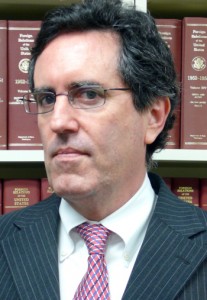
U.S. ARMY DOCTRINE ON RELIGIOUS SUPPORT TO SOLDIERS
Military chaplains in the U.S. Army must have at least a Secret clearance. “This allow them access to the unit operations center and ensures that the chaplain is involved in the unit's operational planning process.”
A newly updated Army doctrinal publication on Religious Support, which describes the functions of chaplains, explains that “Religion plays an increasingly critical role… across the range of military operations.”
“Chaplains and chaplain assistants continue to sustain programs that nurture ethical decision making and facilitate religious formation and spiritual development as an inseparable part of unit readiness.”
“Throughout our history, chaplains and chaplain assistants have served alongside combat Soldiers, enduring the same hardships, and bearing the same burdens. They are members of the profession of arms.”
“Chaplains have served in the U.S. Army since the first days of the American Revolution and many have died in combat. These chaplains represented more than 120 separate denominations and faith groups from across America.”
“Six chaplains have been awarded the Medal of Honor for heroism above and beyond the call of duty,” the new Army Field Manual 1-05 noted.
However, “chaplains are noncombatants and do not bear arms. Chaplains do not have command authority.”
Essentially, chaplains are expected to fulfill “three basic core competencies: nurture the living, care for the wounded, and honor the dead.”



